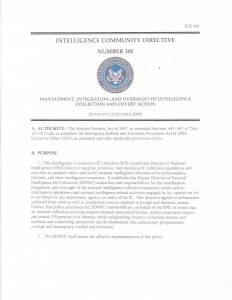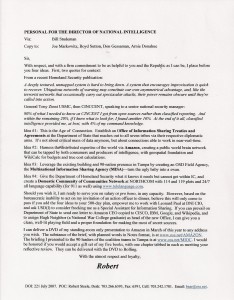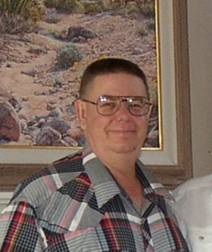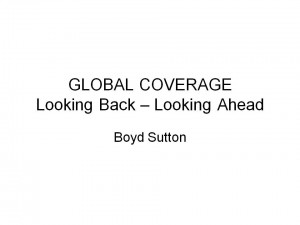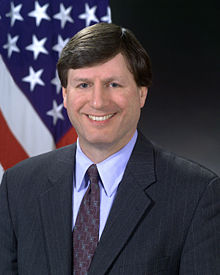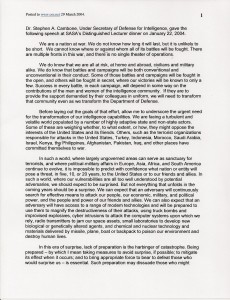
‘The contribution made by American capitalism to German war preparations can only be described as phenomenal. It was certainly crucial to German military capabilities…Not only was an influential sector of American business aware of the nature of Naziism, but for its own purposes aided Naziism wherever possible (and profitable) – with full knowledge that the probable outcome would be war involving Europe and the United States'. Penetrating a cloak of falsehood, deception and duplicity, Professor Antony C. Sutton reveals one of the most remarkable but unreported facts of the Second World War: that key Wall Street banks and American businesses supported Hitler's rise to power by financing and trading with Nazi Germany. Carefully tracing this closely guarded secret through original documents and eyewitness accounts, Sutton comes to the unsavoury conclusion that the catastrophic Second World War was extremely profitable for a select group of financial insiders. He presents a thoroughly documented account of the role played by J.P. Morgan, T.W. Lamont, the Rockefeller interests, General Electric Company, Standard Oil, National City Bank, Chase and Manhattan banks, Kuhn, Loeb and Company, General Motors, the Ford Motor Company, and scores of others in helping to prepare the bloodiest, most destructive war in history. This classic study, first published in 1976 – the third volume of a trilogy – is reproduced here in its original form. The other volumes in the series study the 1917 Lenin-Trotsky Revolution in Russia and the 1933 election of Franklin D. Roosevelt in the United States.
Phi Beta Iota: Secular corruption is now facing off against digital populism. The latter will win in the end, but the next decade is going to be very ugly–between 44 dictators and a dirty dozen faux democracies in which all of the politicians are the “best of the servant class” to the extreme wealthy, this is going to be a fight. The good news is that in combination, angry connected young people, and increasingly angry, informed and eventually connected poor people (five billion) are a force that cannot be denied. The meek will indeed inherit the Earth. Religions are going to have to decide if they wish to continue blessing the corrupt, or actually confront Satan here on Earth in the form of secular corruption.
See Also:
Antony Sutton YouTube search (interviews & lectures)
Reference: Intelligence for the Spirit of Assisi


